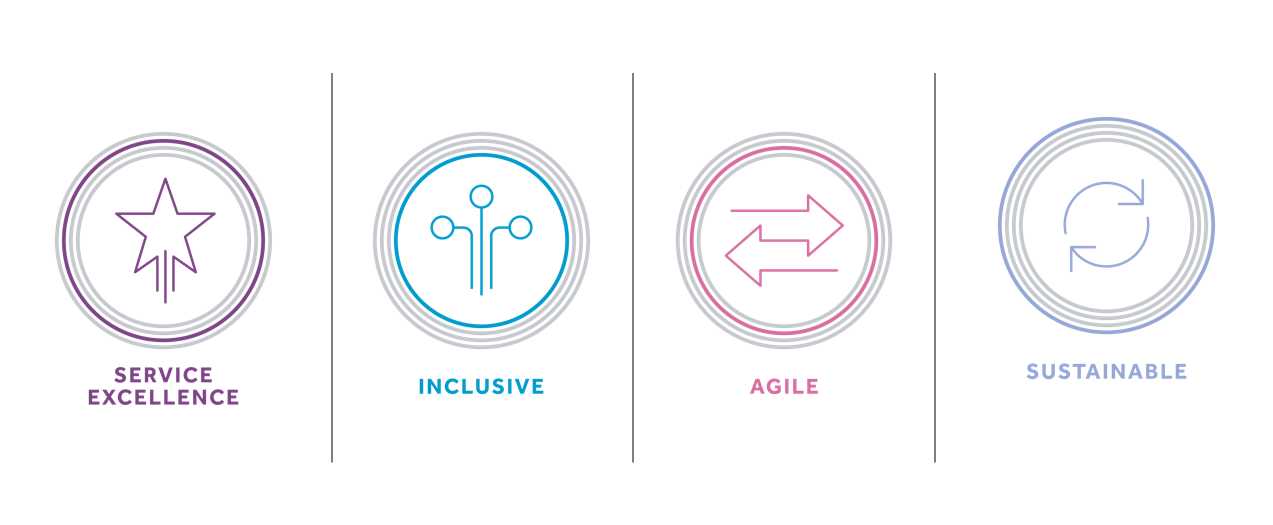.jpg)

Driving Operational Excellence Through Power Automate
Alignment to PS ambitions:
Background: In the summer of 2024, 100 colleagues across the faculty participated in a 2-day onsite Power Automate training program provided by university’s IT partner, QA. The training was preceded by a workshop organized by Alliance Manchester Business School (AMBS) School of Management, which encouraged attendees to reflect on potential applications of Power Automate in their roles.
The training was initiated following the end of the university’s program to establish a network of Microsoft 365 (MS365) Champions. This revealed skill gaps in advanced tools like Power Automate within Faculty and School Operations. Following its closure, it quickly became clear that Power Automate had immense potential to streamline processes requiring senior-level approvals. Although there was a lack of formal training on Power Automate within the Champions program, a few self-taught Champions began exploring its capabilities and the potential opportunities it has for optimising workflows and operational processes.
The training established a network with dedicated Teams spaces for delegates to share best practices and seek support as they began developing their workflows.
Key Drivers
- Schools across the Faculty aimed to standardise and share best practices in operational processes, increasing the need for Power Automate.
- Collaboration between Operations and the Doctoral Academy (DA) highlighted a skills gap extending beyond Operations.
- Ensuring Power Automate skills were accessible across all departments, and not just Operations-Only skill; TLSE, Executive Education, Research, and Marketing started to utilise the app.
- Over-reliance on one or two individuals in the faculty to develop and support workflows created challenges:
- Workflow development is complex and time intensive.
- These tasks fall outside the scope of the Champion role.
- A lack of team-wide skills made maintaining or transferring workflows impractical.
Solutions/Outcomes:
Audit Trail & Principles
Working with IT Services, a set of principles were developed when creating new workflows:
- Personal Productivity: Focus on automating individual tasks.
- Data Responsibility: Exercise caution with data usage, even under Data Loss Prevention (DLP) rules.
- Sustainability: Minimize disruption by creating flows that do not rely solely on individuals. For higher-risk workflows, ensure co-owners are assigned and have access.
Ongoing Oversight & Management
When building workflows, colleagues were asked to:
- Update the audit master
- Ensure that workflows co-owned if not personal to them.
- Review the audit master before building any new workflow (as a way of sharing templates, good practice and not reinventing the wheel)
- Collaborate with other Schools in the Faculty to work together on building workflows for institutional processes to ensure consistency.
Challenges
Future Role of IT Services:
Although IT Services does not currently offer Power Automate app-building or support, efforts are underway to establish a governance framework. There is a growing demand for these digital skills across UoM, and Operations teams are being approached for guidance. For example, transitioning paper-based academic consultancy forms to Power Automate processes illustrates the broader need for institutional adoption.
Key challenges include finding time to practice and balancing workflow development with routine responsibilities. Future measurements of success will vary:
- AMBS Example: Success involves maintaining existing workflows despite the departure of the Planning & Data Analyst who developed them.
- Other Schools: Success may mean developing their first workflows.
Measuring Success
The delegates were asked to provide feedback on their training and 28 of them replied. Of those:
- 100% of respondents wish to remain in the Power Automate Network.
- 99% found the pre-training workshop useful.
- 82% were aware of the audit master and Q&A channel, highlighting a need for improved communication.
- 64% felt somewhat confident, and 14% extremely confident, using Power Automate post-training.
To track progress, the Faculty will monitor the workflow audit; the number of workflows created pre- and post-training and the number of colleagues familiar with workflows beyond the builder and co-owner roles.
Link to PS Ambitions
By fostering collaboration, expanding skills, and embedding Power Automate as a shared resource, UoM aims to revolutionize how departments work together and streamline their processes.
Contact Information
For further information, please contact:
- Michelle Kipling, School Operations Manager, AMBS Faculty of Humanities.
